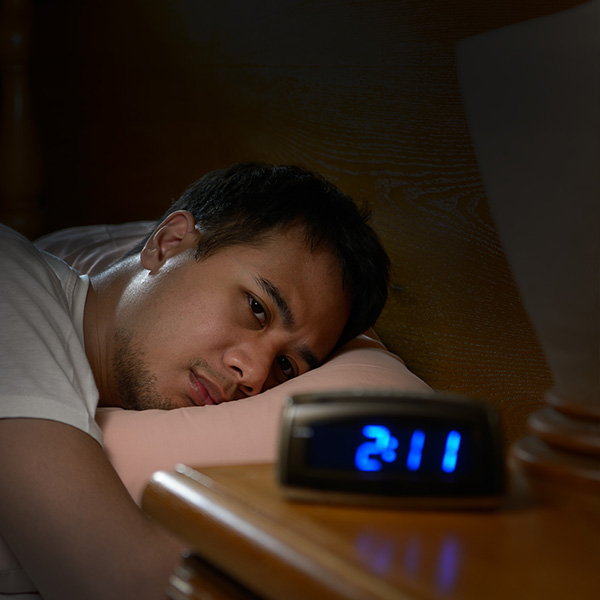How do I know when “normal” anxiety has gone out of control?
We all experience some form of anxiety in one way or another in our everyday lives. When this “normal” anxiety starts to interfere with our everyday functioning does it become a problem. For example, if you begin to see that your sleep has become disrupted, or you become so affected by your symptoms that you can no longer complete daily tasks, meet work or academic deadlines, or you find that your social life has been affected, and you have started to withdraw from friends and family.
What is anxiety?
Anxiety is different from fear in that when you are anxious, you cannot pinpoint exactly what you are anxious about, but feel a vague, distant dread that “something bad is may happen”. Whereas when you are afraid of something, the fear is directed towards an external situation or object. For example, fear of not meeting work deadlines, or fear of not being able to pay the bills. The focus of anxiety is more internal than external, where some people might describe that they are anxious about “losing control” of themselves or a situation.
Anxiety affects your whole being. You may experience it physically, behaviourally, and psychologically – and experiencing these reactions all at once may be overwhelming, scary, and debilitating.
Physiological symptoms may include: sweating, rapid heartbeat, muscle tension, shortness of breath, dry mouth, etc. Behaviourally, it may impact on your ability to function in everyday life as you may avoid certain activities or feared situations that elicit the physiological sensations of anxiousness (e.g. going to the grocery store for fear of experiencing a panic attack). On a psychological level, you may feel like you are in a constant state of uneasiness or apprehension.
How does a psychotherapist help me with my anxiety?
A psychotherapist will work with you in a number of ways to help you cope. They may help you to understand the source of your anxiety, and what triggers you may have that intensify your symptoms. They may also work on helping you to reduce your physiological symptoms through providing coping skills and techniques for relaxation and stress management.
If you feel that your anxiety symptoms have gone out of control, and you would like to get help in learning to cope with it – let’s talk.


